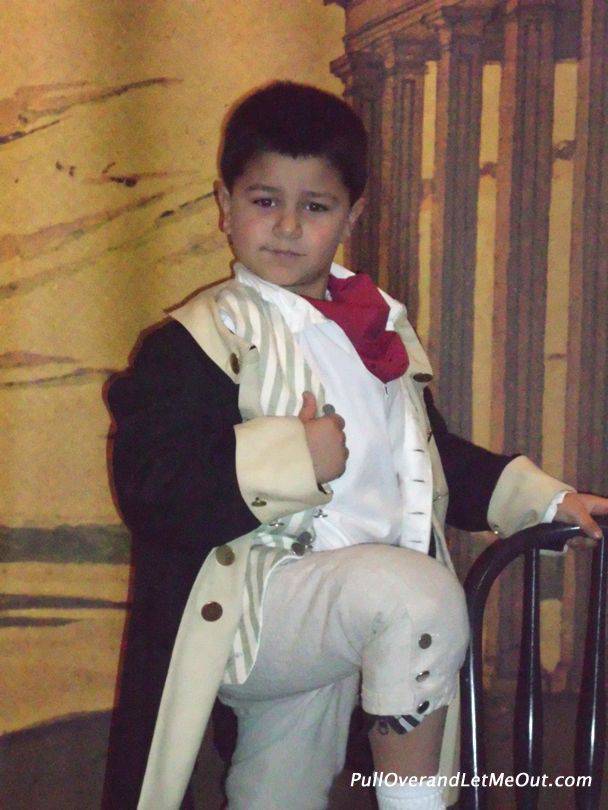My ideal school or classroom would be kind of simple but very effective. I would be teaching high school teenagers and the course subject would be American History. I have always felt student learn better with hands on material or submerging themselves in the moment. So with that in mind, let's move on to the rest!
What do you want your students to know?
As a History teacher I would want my students to know how this country came to be and the trouble we went through to get it founded! I feel like that would give them a better perspective and respect for this land. Also, although this crosses into political science, I would want to give them a brief synopsis on how the government works since the age I will be teaching will be eligible for voting rights in the coming years.
What do you want your students to be able to do?
I want them to learn to formulate their own opinions based off the material they read. History is basically one person's point of view and opinion passed down through the years which does not always make it the most accurate. The students ability to be able to dig into the authors background will help them see things more clearly and hopefully help them form a clear judgement of their own. Also by learning this I feel it will help them later on when they have to form opinions on religion, politics, and other decisions in their life.
What will be your primary way of teaching your students what you want them to know and
to do? What tools will you use in your classroom?
There are so many things you can use to teach American History but you have to be careful you are giving them the most accurate information. I want to help them learn the same way history became interesting to me. It all "clicked" for me when I was at the Beauvoir. Seeing the places where history was made helped me get a better grasp of it. Since then going to places like the Battleship in Mobile, World War 2 Museum in New Orleans, and many places in Washington D.C have helped further that love into a full blown passion. By taking these kids to the places where these historical events occurred or bringing them to life through the internet with interactive websites or movies I feel they would feel apart of the event instead of a spectator. I would also incorporate some group projects that would force them to dig for material and use each other to better understand.
What role will students play in your classroom, i.e. how will they participate in the
learning process?
Well like I have stated before, they will be working together to do group projects. Some of the projects will be about events involving different wars and some about a person they will have to research. I might have them dress the part and act out scenes, by doing this I feel kids will pay better attention to the details. Also I'm a firm believer that kids listen to their peers more than adults so I will be incorporating their own to help me teach these students!

I could differently tell you love history and that you will make a great history teacher. Having kids act out parts of history will make it stick in the heads for sure. Having fun is always a great way to learn. Well in my opinion anyway.
ReplyDelete"...but you have to be careful you are giving them the most accurate information." Earlier you made the argument that all history is biased. I agree. Yours ( that is the historical information you want to pass along) will be to. Why not have as an objective that those who encounter your biases would know what they are and how to understand your "histories" in that context? Or maybe think of it this way: I will not "give information". I will teach my students how to find information, interpret it, understand their biases (and the biases of others) in those interpretations?
ReplyDeleteHow might you use technology to go to historical places without getting on a bus?
"...act out scenes, by doing this..." Better with a period instead of a comma and a capital B.
Thoughtful. Interesting.
I wanted to thank you for the tip on teaching my students to interpret history in their own manner. I had thought about it I just haven't quite figured out how to do that yet.
DeleteAlso to answer your question, many websites for these historical places have interactive sections now. There is a digital library in most and, for example, Mount Vernon (George Washington's home) has a virtual tour you can take complete with little facts about the house and the president. http://www.mountvernon.org/visit-his-estate/virtual-tour-flash if you would like to check it out. Preferably I would want to tour these places in person but I understand some places just aren't affordable.